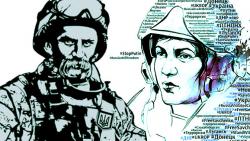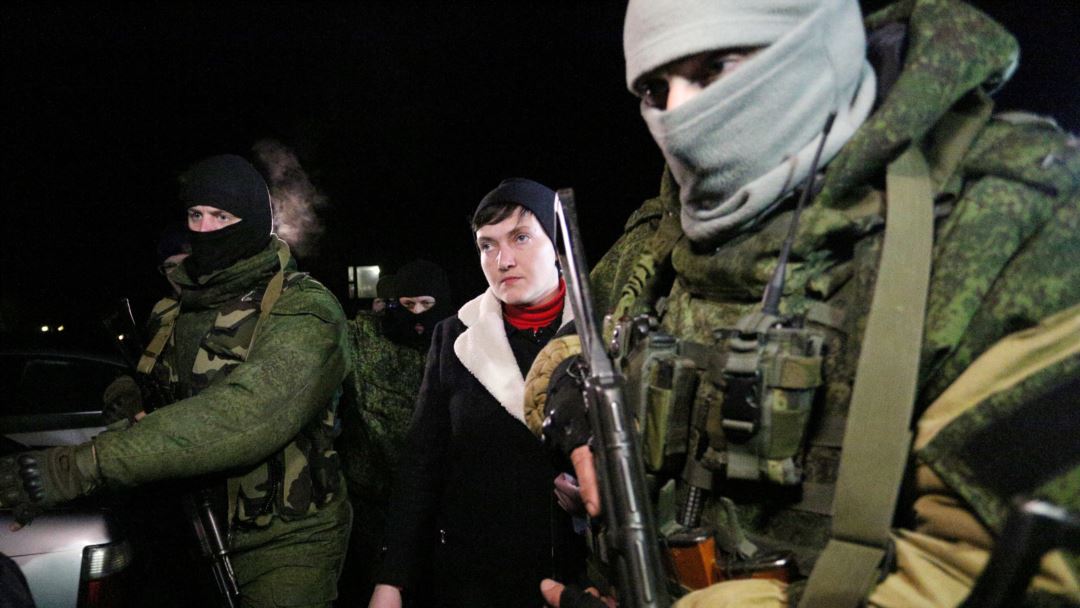Since the time of Taras Shevchenko, Russians have never understood that a free human being always triumphs over an empire of slaves, writes Vitaliy Portnikov.
Taras Shevchenko was born on March 9, 1814, in the empire that had just defeated Napoleon and had defended its statehood. This victory — as, indeed, the victory of the Soviet Union over Hitler — also meant the strengthening of the internal reactionary forces.
In the Russian Empire — as throughout the entire “restored” Europe — any ideas regarding political and economic freedom were vanishing. After the emergence of the Duchy of Warsaw (Polish state established by Napoleon I in 1807 — Ed.) and the obvious enthusiasm demonstrated by the Polish people, the empire’s European neighborhoods were treated with particular suspicion.
For the “Great Russian” chauvinist, contempt for Ukrainians was intermixed with hatred for Poles. Poles at least were the enemy; the Ukrainians were “cattle” who continued to speak in their own “peasant dialect” and who did not want to learn the “proper language.” This view prevailed not only in circles of the smug aristocracy but also among the “democratic intelligentsia.” In fact, for the (Russian literary critic) Vissarion Belinsky, the main drawback of Shevchenko’s Kobzar was its use of Ukrainian.
The pressure of public opinion was so strong that the Ukrainian speaking Gogol (Hohol in Ukrainian — Ed.) — the descendant of an old noble family — became a standard “St. Petersburg Russian.” He did not even consider a different literary career.
Fortunately for Ukraine, Shevchenko was not an aristocrat. The internal collaborationism that had always distinguished the Little Russian nobility and educated classes was not inherent in him. He was the same as ordinary Ukrainians — as they were and as they continue to be. It is enough to open the Kobzar to understand it. The only thing that distinguishes Shevchenko from his contemporaries and descendants is his magnificent talent and his strength of will. It is not as if the crazy empire in which he lived did not understand the danger he represented. It understood it perfectly. Therefore it destroyed — all the more so that throughout most of Shevchenko’s life the reactionary forces were being reinforced.
Shevchenko was released from exile only after the empire had lost another war — the Crimean one, by the way! And tsar Nicolas I, the Putin of the time, made his way to the next world. But it was too late. Shevchenko died a few years after his release, a relatively young man by our standards — only 47.
It took several decades for it to become evident that the selflessness of the poet helped the Ukrainian people to come into being and to escape the imperial nightmare. In the struggle between man and empire, it was man who turned out to be the winner.
In a little more than two centuries after Shevchenko’s birth, Nadia Savchenko read her final statement in the court in Donetsk, Rostov Oblast (Russia). The idiot judges did not even consider the historical parallels they were establishing when they decided to change the court date.
Contemporaries — especially the followers of a dying empire — will find the same faults with Nadiya as they do with Taras. She is stubborn, not rational, she believes in the power of words and in resistance. She is defending something they find ridiculous — some kind of Ukraine, some kind of Ukrainian language, some kind of freedom. She is ready to sacrifice herself for victory.
But can a small person beat the system? These limited people are living on only a small part of the territory of their former empire, but much like the French aristocrats who were returned to power at the time of Shevchenko’s birth, they have understood nothing and have learned nothing.
And most important, the one thing they will never be able to understand and learn — and for that reason they will perish — is that a free human being always triumphs over an empire of slaves. Always.








